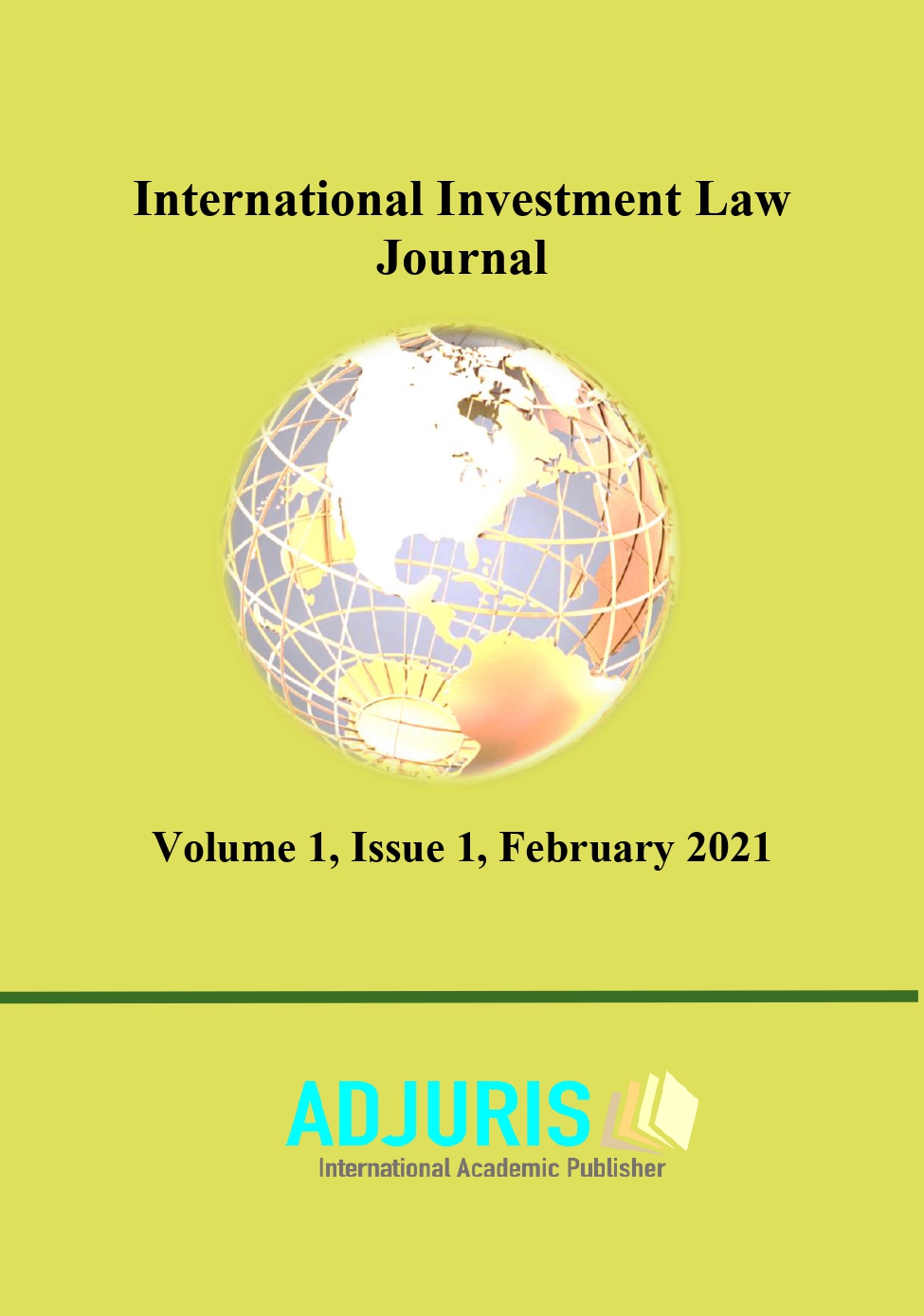Surviving and ICSID Award. Post-Award Remedies in ICSID Arbitration: A Perspective of Contracting State’s Interest
Surviving and ICSID Award. Post-Award Remedies in ICSID Arbitration: A Perspective of Contracting State’s Interest
Author(s): Silviu ConstantinSubject(s): International Law, Comparative Law, Administrative Law
Published by: EDITURA ASE
Keywords: ICSID Arbitration; post-award remedies; contracting state; interests; annulment; resubmission; delay enforcement; avoid enforcement;
Summary/Abstract: In the general prospect of globalization, investments have always been surrounded by problems that needed to be solved neutrally and impartially. In other words, the global commercial system always required a universally applicable, impartial and neutral judicial system that can be used for settling a dispute arising between nationals of different states or nationals and foreign countries. The following article aims to analyze the unique features of the International Centre for Settlement of Investment Disputes (ICSID) system and its autonomous nature. Specifically, the article will deal with the remedies provided by the international framework to the ICSID awards and the procedural steps that must be undertaken by the parties in order to access a specific remedy with a special emphasis on the most powerful remedy, which is the annulment of an award. Furthermore, the article will focus on the interlink between those remedies and the ones provided by the national law of a Contracting Party or other international non-ICSID law streams. While the vast majority of the international doctrine and case law address the situation of the investor, thus focusing on its interest, this article will mainly focus on the interests of the Contracting State in its capacity as respondent to defend against a claim arising from a Bilateral Investment Treaty (BIT). Given that the legal framework in discussion is a highly specific one, the article will first address the ICSID convention and its final and binding nature. Further on, we will discuss the control mechanism comprising the specific remedies provided by the Convention. We will then proceed to tackle two of the most important post-annulment issues and finally, turn our attention to comparison between ICSID and non-ICSIDlegal framework.
Journal: International Investment Law Journal
- Issue Year: 1/2021
- Issue No: 1
- Page Range: 67-78
- Page Count: 12
- Language: English

